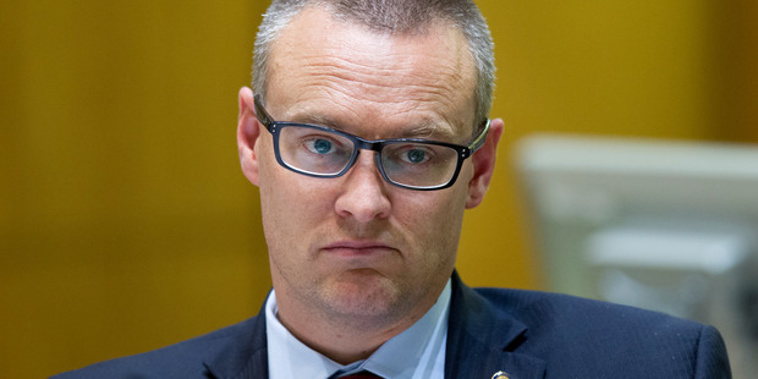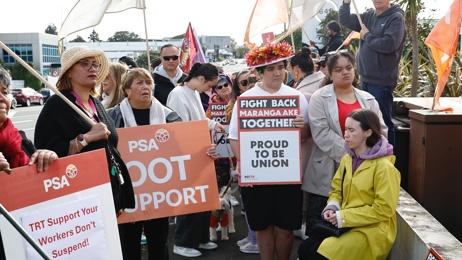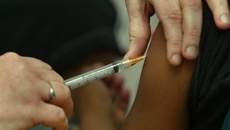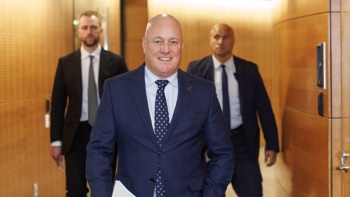
The country's biggest charity helping patients dealing with rare disorders has slammed the Government for going back on a pre-election promise to pledge $20 million for rare diseases.
The NZ Organisation for Rare Disorders says it is stunned that a pledge to establish a separate fund that would allow rare disease patients to access life-saving medicines would not go ahead.
Chief executive Dr Collette Bromhead said the organisation met with two Labour MPs last week where they were told that the funding would not be part of the upcoming Budget.
"The decision to cancel the fund for medicines is a complete U-turn by the Government and has been done without any consultation with the rare disease community,'' she said.
"It leaves these vulnerable patients with no way to access the essential medicines that could extend their life and provide them with a better quality of living.''
During the election, Labour's then Health spokesman Dr David Clark - now the Health Minister - said if Labour became Government, it would give $20m worth of funds for rare diseases over four years.
Dr Clark says that Labour made no specific commitment in terms of the coalition agreement when the Government was formed, but he had taken it upon himself to commit to coming up with a solution.
"I have made a personal commitment to ensuring that we find money for rare disorders. It was something I was concerned about in Opposition and I was concerned that Pharmac might not continue with the fund that it had set up.
"I have now got assurance from Pharmac that it is going to continue with that fund and so there will be funding available. The way in which that fund is set up is a matter for policy advisors to best advise how we get the best value for money for those suffering from rare disorders is something that should concern us all."
There are around 377,000 patients and families in New Zealand who live with a rare or life-threatening disease.
The organisation has been helping families for almost 20 years, after being set up to be a central starting point for families and people affected by rare disorders and linking them up with information and support groups.
Dr Bromhead acknowledged that the current system of funding under the Pharmac model meant the funds given out were based on the number of patients with a disease.
"And while, collectively, over 8 per cent of the population suffer from a rare disease, the number of patients for each disease is relatively small,'' she said.
"Rare diseases just don't fit into this model and need to be evaluated differently. We need to start thinking about the value for the patient, not just the value for money.''
She pointed to other countries, including Australia and Scotland, which have funding programmes in place that allowed those people with rare diseases to have access to life-saving drugs and medicines.
As well as this development, the organisation has also been told that its contract will be under review - something they are calling a "double blow".
"We are strongly advocating to the Government that NZORD's funding contract needs to continue so that [we] can provide vital services to patients.''
Dr Clark acknowledged the Government's move to invest $8 billion over four years into the country's health system.
For those struck with debilitating diseases, he hoped to ensure they had a better future.
"I don't want to risk setting up a fund that limits the number of people that gets access to medicines when it's possible that doing things a different way might help more people."
Take your Radio, Podcasts and Music with you









